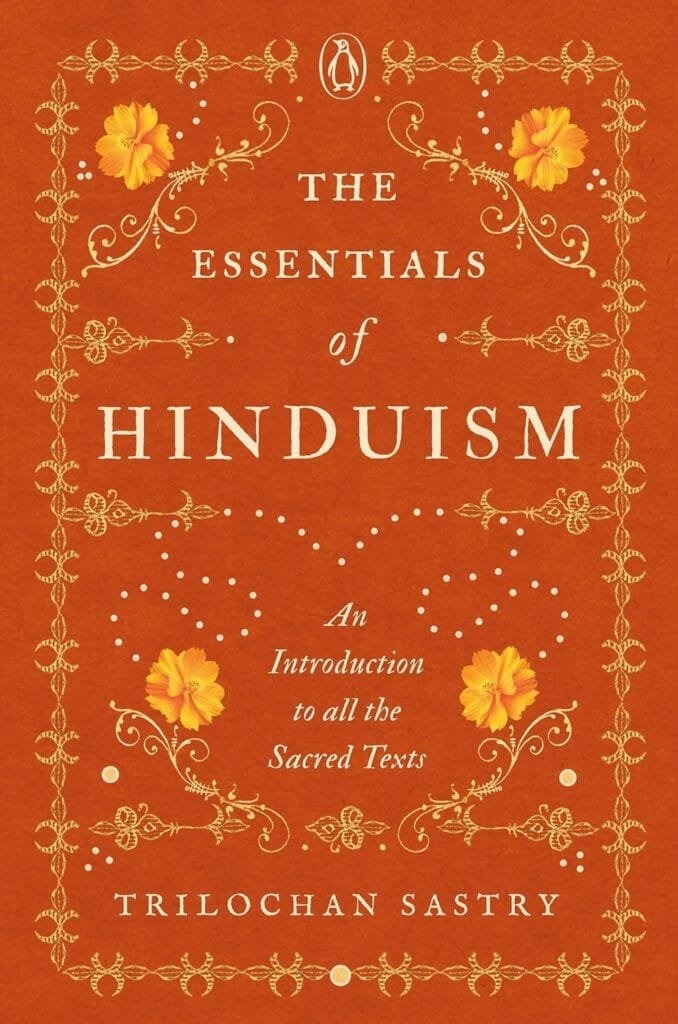SPECIAL REPORT SACRED WEALTH
Top 10 Money Insights from 7 World Religions You Can’t Afford to Ignore
Intro | Christianity | Islam | Hinduism | Buddha | Shinto | Sikhism | Judaism | Conclusion
 Hindu is an adjective that refers to a person who practices Hinduism, the primary religion of India and Nepal. Hinduism is an umbrella term for many Indian religious and spiritual traditions that share a belief in dharma, a cosmic order that is maintained through rituals and righteous living
Hindu is an adjective that refers to a person who practices Hinduism, the primary religion of India and Nepal. Hinduism is an umbrella term for many Indian religious and spiritual traditions that share a belief in dharma, a cosmic order that is maintained through rituals and righteous living
PART 4: Here are the Top 10 Practical Insights from the Sacred Texts of Hindu that will Transform Your Relationship with Money
Hinduism is the religion of the majority of people in India and Nepal. It also exists among significant populations outside of the sub-continent and has over 900 million adherents worldwide. Unlike most other religions, Hinduism has no single founder, no single scripture, and no commonly agreed set of teachings.
Hindu philosophy, with its profound wisdom, offers timeless lessons not just about spirituality but also about managing life’s material aspects, including wealth and financial stability.
The sacred texts—the Vedas, the Bhagavad Gita, the Mahabharata, and the Ramayana—are rich with insights that can reshape your approach to money and financial freedom.
Here are 10 transformative lessons derived from these ancient scriptures to guide you on your journey toward financial stability and abundance.
1. Dharma: Duty and Ethical Earning (The Bhagavad Gita)
The Bhagavad Gita emphasizes the importance of performing one’s duties (dharma) without attachment to the fruits of labor. Applied to finances, this means pursuing careers and businesses aligned with ethical values rather than solely chasing profits.
Actionable Tip: Choose a career or investment strategy that aligns with your values to ensure peace of mind and long-term growth.
2. Artha: The Pursuit of Wealth (The Vedas)
In Hinduism, artha (wealth) is considered one of the four aims of life. The Vedas teach that wealth is essential for fulfilling one’s responsibilities, including supporting family and contributing to society. However, it must be acquired ethically.
Actionable Tip: Create a budget that prioritizes responsibilities like family needs, savings, and charitable giving.
3. Balance Material and Spiritual Goals (The Bhagavad Gita)
Krishna advises in the Bhagavad Gita to strike a balance between material pursuits and spiritual growth. Wealth should serve as a means to uplift oneself and others rather than become a source of attachment or greed.
Actionable Tip: Allocate a portion of your income to personal development and charitable causes, keeping material desires in check.
4. Avoid Overindulgence (The Ramayana)
In the Ramayana, King Ravana’s downfall is a cautionary tale of overindulgence and greed. Excessive attachment to material wealth can lead to ruin.
Actionable Tip: Practice moderation in spending and avoid lifestyle inflation as your income grows.
5. Plan for the Future (The Mahabharata)
The story of Yudhishthira in the Mahabharata highlights the importance of prudence and foresight. Proper planning and preparation can help avoid financial crises.
Actionable Tip: Set aside emergency savings and plan for retirement to secure your financial future.
6. Self-Discipline Leads to Prosperity (The Vedas)
The Vedas stress self-discipline as a key to success in any endeavor. In financial terms, this translates to cultivating habits like saving, budgeting, and avoiding unnecessary debt.
Actionable Tip: Create a monthly financial discipline plan that includes tracking expenses and adhering to a savings goal.
7. Be Grateful for Wealth (The Bhagavad Gita)
Gratitude for what you have creates contentment and attracts more abundance. The Gita teaches us to see wealth as a divine blessing rather than something solely acquired by personal effort.
Actionable Tip: Maintain a gratitude journal for your financial successes, no matter how small.
8. Practice Detachment (The Bhagavad Gita)
The Bhagavad Gita underscores the importance of detachment from material possessions. Clinging to wealth can lead to stress and suffering.
Actionable Tip: Periodically declutter your financial portfolio and life, selling or donating what no longer serves you.
9. Generosity Brings Abundance (The Mahabharata)
Karna’s generosity in the Mahabharata illustrates that giving brings inner wealth and fosters community goodwill.
Actionable Tip: Set a percentage of your income for charity or helping those in need to create a flow of abundance.
10. Time is Wealth (The Ramayana)
The Ramayana emphasizes the value of time. Just as Sita’s time in Lanka was limited, so is our ability to earn and invest. Acting promptly and wisely ensures growth.
Actionable Tip: Start investing early and focus on long-term financial goals to make the most of compounding.
 Purchase “The Essentials of Hinduism: An Introduction to All the Sacred Texts” on Amazon.com
Purchase “The Essentials of Hinduism: An Introduction to All the Sacred Texts” on Amazon.com
Conclusion
The sacred texts of Hinduism remind us that wealth is a tool, not the ultimate goal of life. By integrating these lessons into your financial planning, you can create a life of abundance that supports your purpose, uplifts your community, and nurtures your spirit.
Start small—reflect on these principles and take one actionable step today to transform your financial future while staying rooted in ethical and spiritual growth.
#Hinduism #FinancialFreedom #BhagavadGita #Vedas #Mahabharata #Ramayana #Wealth #Dharma #Artha #EthicalEarning #MaterialGoals #SpiritualGrowth #SelfDiscipline #Moderation #FinancialPlanning #FinancialDiscipline #Gratitude #Detachment #Generosity #Abundance #TimeManagement #WealthCreation #PersonalDevelopment #CharitableGiving #FinancialSuccess #MoneyManagement #SpiritualWisdom #EthicalFinance #LongTermPlanning
 Read The Complete Special Report Here
Read The Complete Special Report Here
 The Punk Rock Prophet Joe Strummer from THE CLASH once said, “Without people, you’re nothing.” This profound insight could just as easily reflect the true value of money when considered in the context of humanity.
The Punk Rock Prophet Joe Strummer from THE CLASH once said, “Without people, you’re nothing.” This profound insight could just as easily reflect the true value of money when considered in the context of humanity.
Charles Bivona Jr., aka Coach JP Money, is a business strategist, financial coach, and founder of CoachJPmoney.com. A lifelong entrepreneur, he launched his first real estate deal at 17 and went debt-free by 1998. Since then, he has built national media brands, advised small businesses, and helped clients grow online using smart strategy, digital tools, and creative grit.
An expat living in Baja, Mexico, Charles also writes and produces music as Johnny Punish and lives off-grid at Hacienda Eco-Domes, a sustainable retreat he built with his wife. Through providing small business services, coaching, writing, and podcasting, he’s on a mission to help others win their future—on their terms.
Read his full bio at PunishStudios.com >>>
Post Views: 174